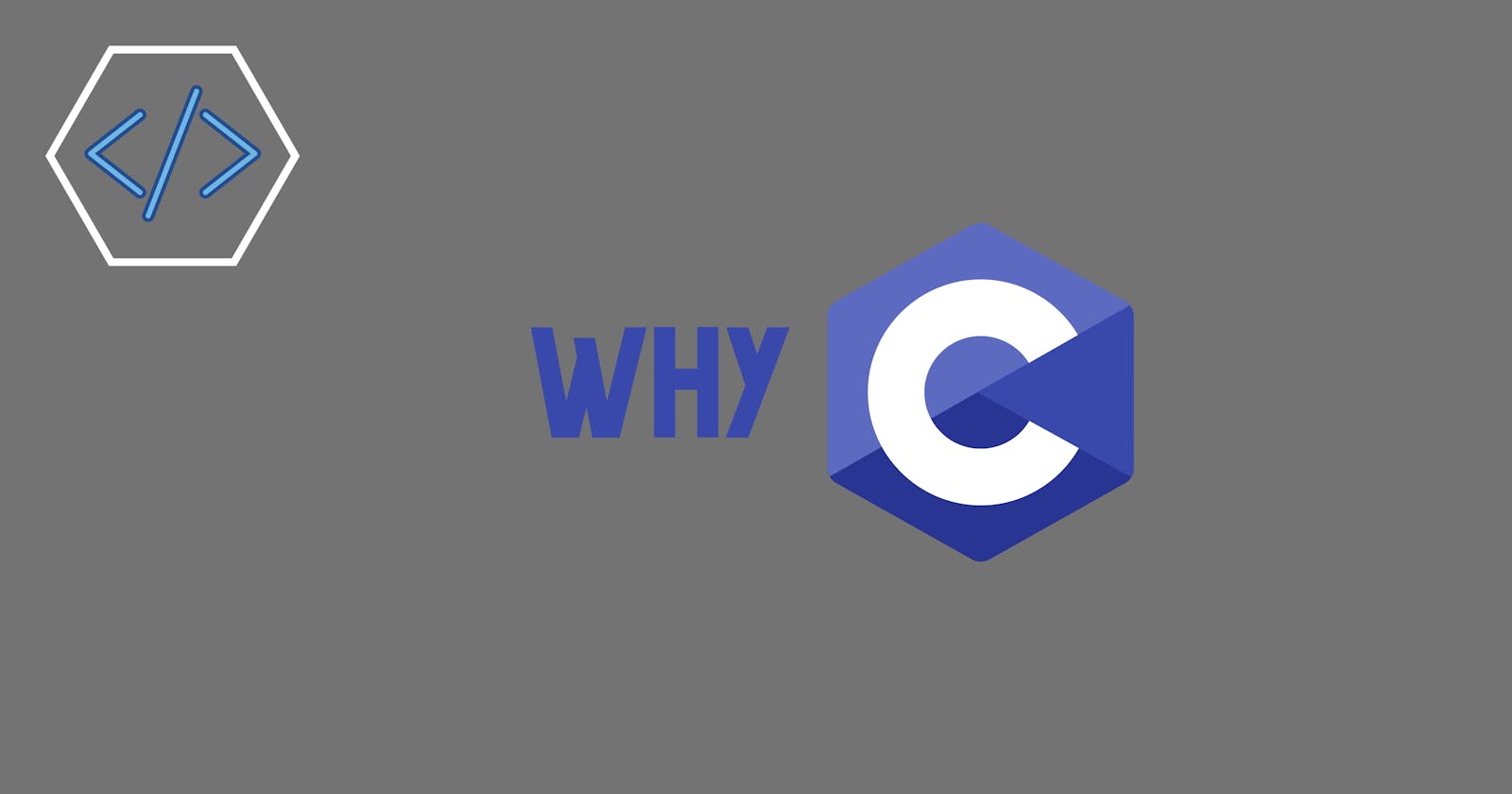With C being one of the oldest programming language still around, its relevance today is extremely controversial. I personally enjoyed learning C as one my first programming languages and in my opinion it is a good starting point for novice developers as it is fairly easy to learn. These days, however, people are mostly concerned with the industrial relevance of a language, whether having it as a skill will benefit them in any way. And while this question depends on multiple of factors like the specific field of computer science you’re interested in diving into, I made this C programming series especially for scholars that have C as a module/course in their program of study (degree/diploma/certification).
C today is still used to develop multiple systems including the following:
- Python programming language
- Oracle, MySQL and MS SQL database
- Linux’s kernel
- Microsoft windows kernel
- Embedded systems
- Macintosh drivers
Here are some advantages of using C:
- C is a general purpose programming language meaning it can be used to make many things. It is mostly used to develop operating systems, embedded programs for microprocessors and device drivers.
- C is platform independent meaning it can run on any operating system.
- C is a middle-level language which implies that it combines High Level Language (HLL) and Low Level Language (LLL) programming. LLL programming can be used for scripting drivers and kernels for operating systems. HLL programming for developing application software.
- C allows for the efficient implementation of algorithms and data structures.
- C is used in system programming – developing system programs like the compiler, device drivers, BIOS, web browsers or databases.
- Since it is close to machine language it executes at high speed.

